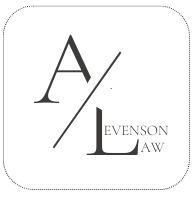The Importance of Verifying Authorization Before Signing Contracts With Companies and Other Entities.
When entering into any contract—whether it’s a rental agreement, business transaction, or service contract—it’s vital to verify authorization to ensure that the person signing on behalf of a company or any entity is authorized to do so. Neglecting this simple yet essential check can lead to significant legal, financial, and reputational consequences.
1. Legal Implications
If the signer lacks proper authority, the contract may be deemed void or unenforceable. As a result, any commitments made in the contract could be disregarded, leaving you without legal recourse to enforce your rights. For example, if you enter into a rental agreement without verifying authorization and later discover the signer was unauthorized, you might struggle to hold the entity accountable for breach of contract. This can result in wasted time, resources, and potential income.
2. Financial Risks
Moreover, not verifying the signatory’s authority exposes you to considerable financial risks. If the company or entity defaults on its obligations, you may find yourself unable to seek damages or compensation because the contract is not legally binding. Consequently, any investments or expenditures made based on that contract could lead to losses if you cannot enforce the agreement.
3. Reputational Damage
In addition, failing to check for proper authorization can harm your business reputation. Engaging in contracts with unauthorized individuals reflects poorly on your due diligence processes, making future partners wary of doing business with you. This can lead to lost opportunities and strained relationships within your industry.
Conclusion
In summary, the importance of verifying the authority of a signer in contracts involving companies and other entities cannot be overstated. Ultimately, taking this precaution protects you from legal pitfalls, financial losses, and reputational damage. Always ensure, with the assistance of a qualified legal professional, that the individual you are dealing with has the authority to commit the entity to a contract to safeguard your interests and maintain the integrity of your agreements.





